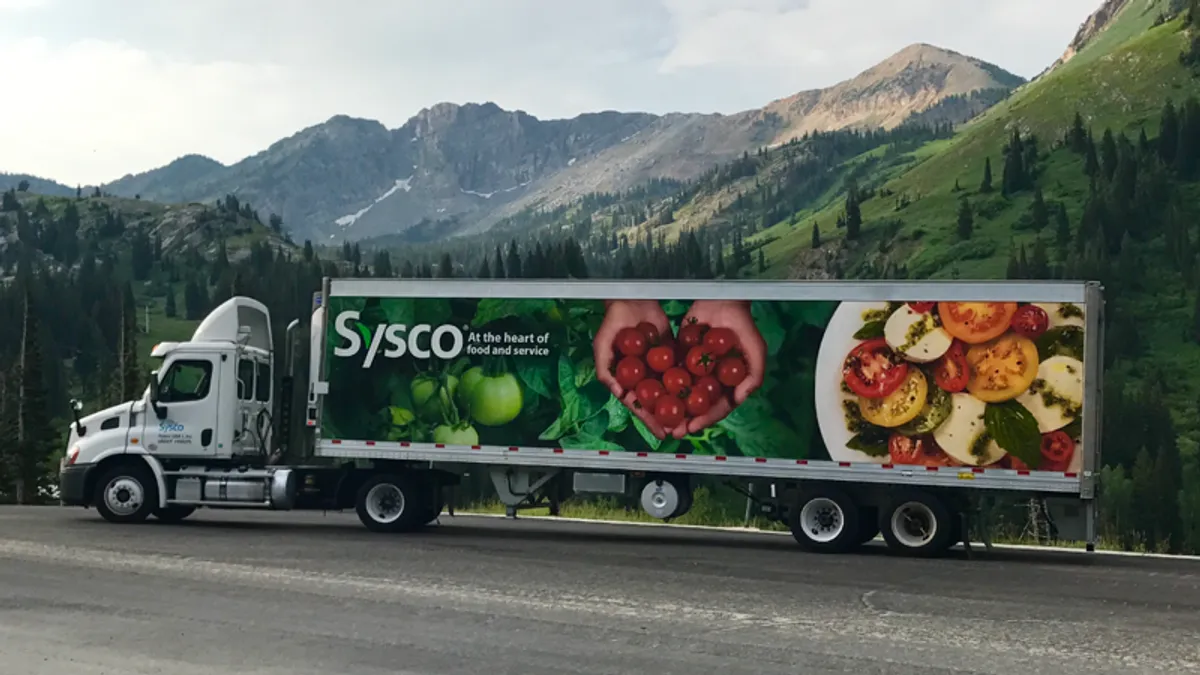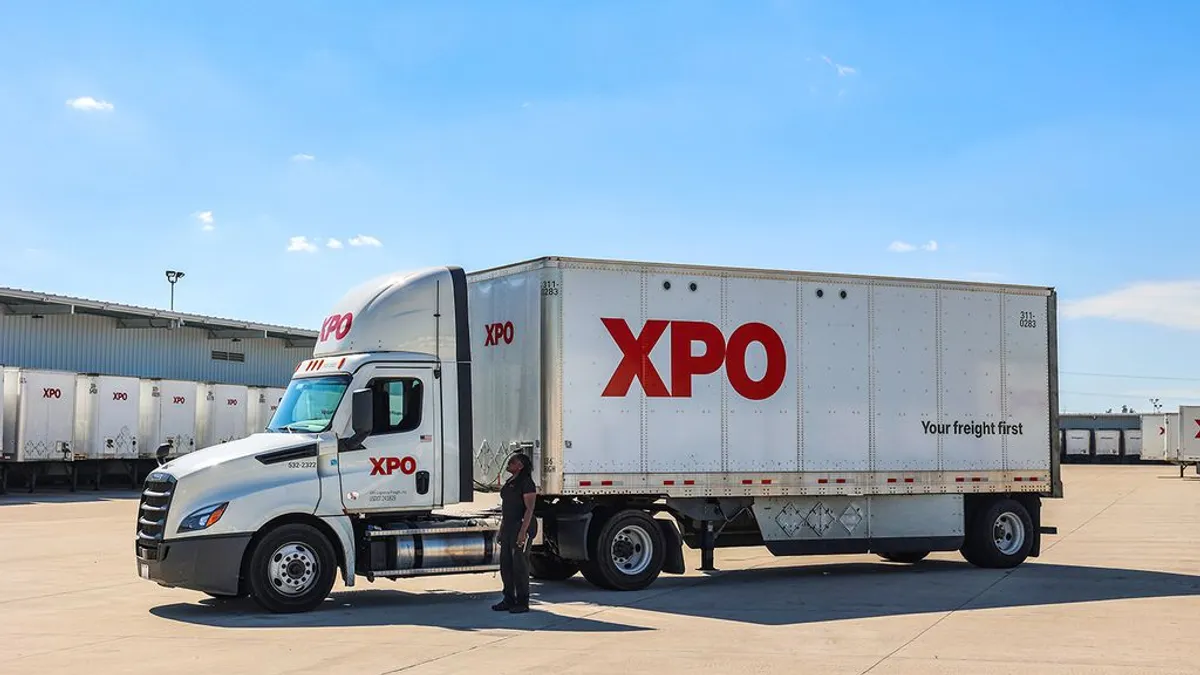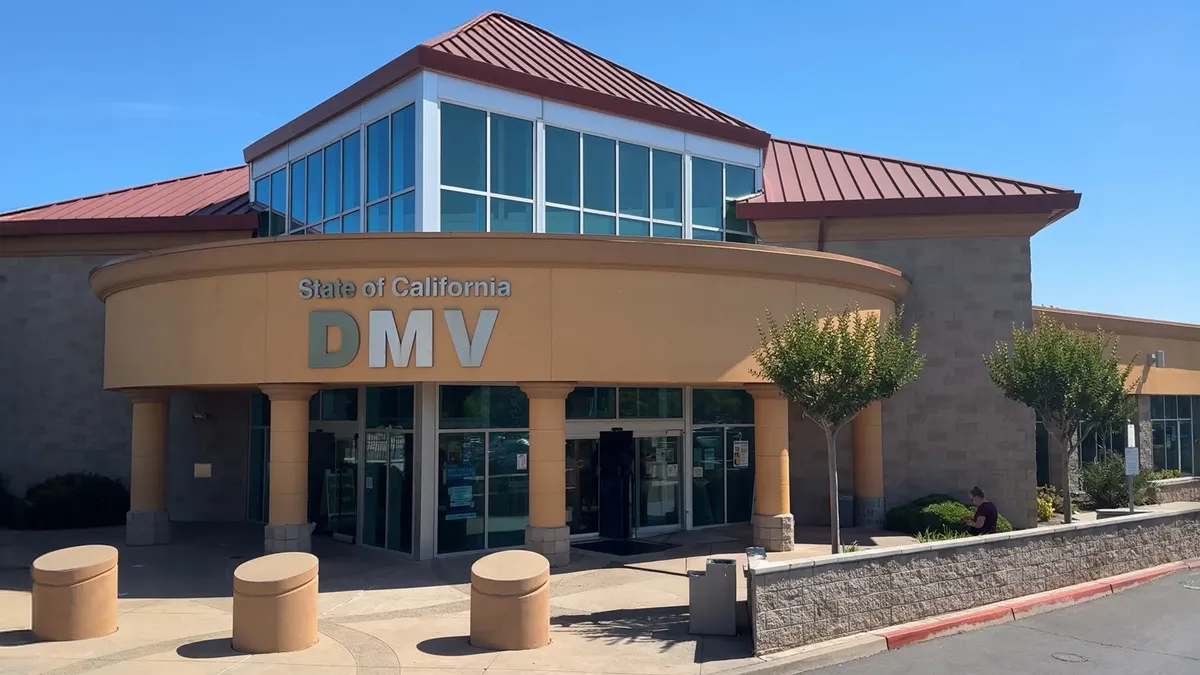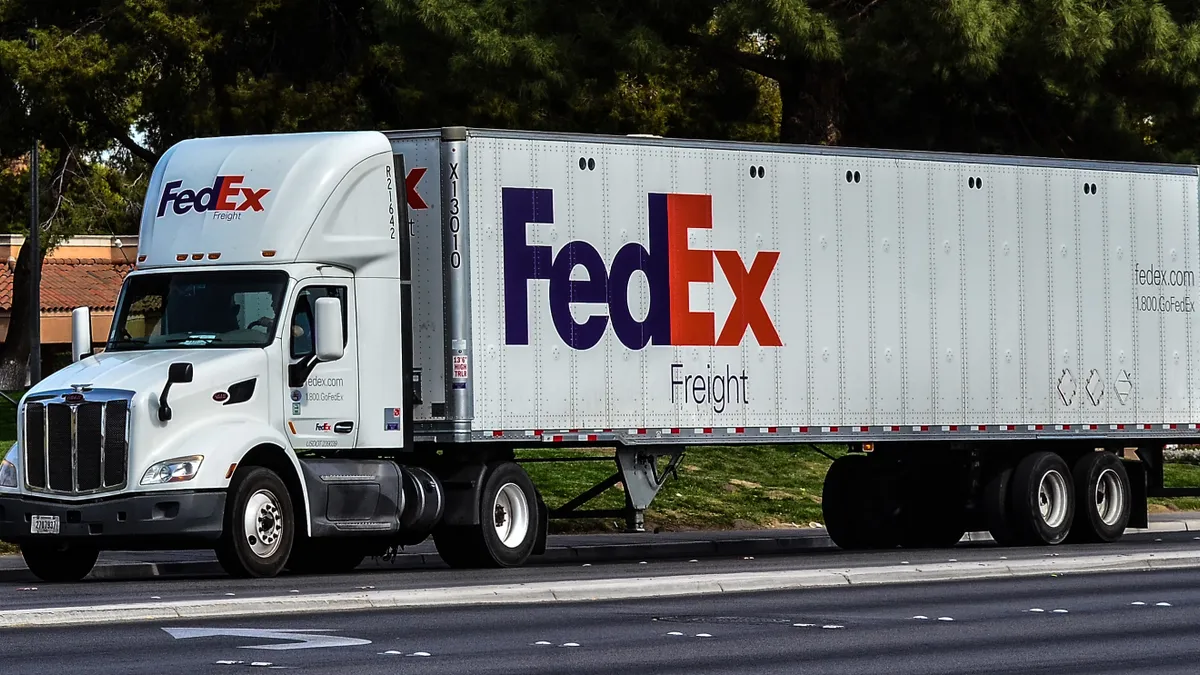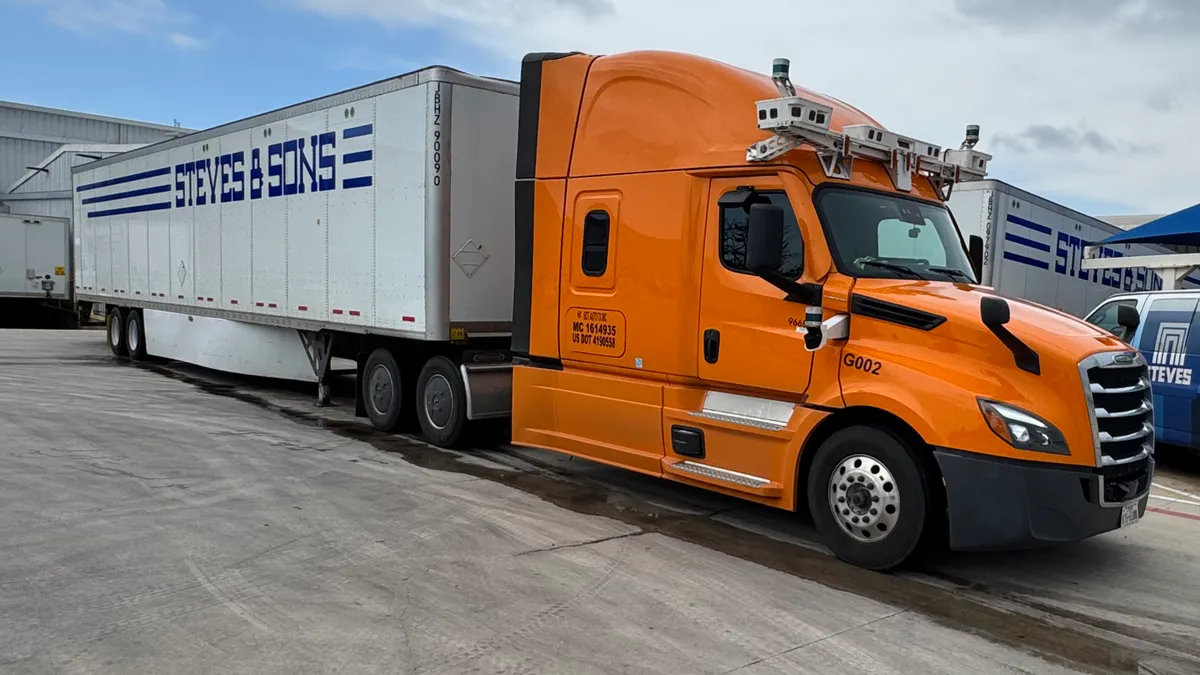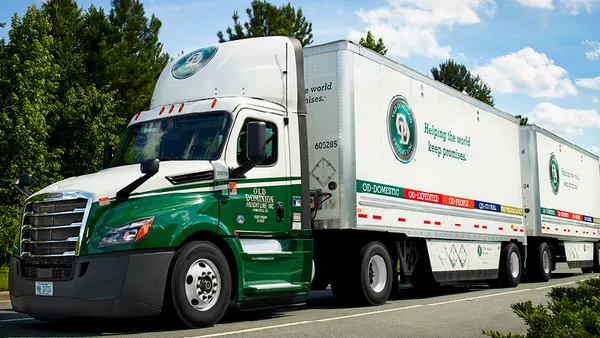Private and for-hire fleets run quite different operations, which creates distinct experiences for the truck drivers and contrasting recruitment and retention figures for private-fleet executives.
With private fleets, drivers tend to be home most nights and receive higher pay on average. These and other factors contribute to lower turnover rates compared to their for-hire counterparts.
"Bottom line is, the private fleet job tends to be a much better job overall for an individual looking for a long-term career," said Gary Petty, president and CEO of the National Private Truck Council.
The following charts, based on data from NPTC's survey of 112 of its fleet members for its 2021 Benchmarking Survey Report, show have private fleets have retained drivers despite hiring challenges in the industry.
Driver turnover hovers in the teens
Private fleets' turnover rates hover in the teens, while the American Trucking Associations reported 2020 TL carrier turnover at 90% for large fleets and 69% for small fleets.
A typical private fleet driver tends to stay with the same company for 10 years, Petty said. Although turnover had been on the uptick for a couple of years, it dropped back down in 2021.
The allures of private fleets
One of the appealing characteristics of private fleet operations is that drivers are home most nights, and very few spend days or weeks at a time on the road like an OTR might.
Private fleets are using that fact as one way to attract drivers, said Curt Reynolds, director of logistics at Johnsonville Sausage.
"They can be with their families, just like the rest of us," Reynolds said.
The majority of private fleet drivers are home every night
Tyson Foods, the ninth-largest private fleet per Transport Topics ratings, advertises on its website that drivers can be home weekly.
In addition to home time, private fleet drivers, on average, receive higher salaries than for-hire drivers. Tyson notes drivers average $80,000 annually.
According to the NPTC survey, private fleet drivers receive many benefits, including medical and dental insurance, 401(k) plans, holiday and vacation time, and bereavement. Most payrolled drivers at for-hire fleets receive similar benefits, but contractors and owner-operators typically don't.
On average, private fleet drivers earn more than for-hire
Private fleet drivers with long tenures at their companies see their pay tick up over time. A driver who has been with the firm for three years will make $10,000 more than their starting salary on average, the survey showed.
Compensation grows with tenure
Ultimately, it's the overall nature of the job — and the fact they're treated as part of the fabric of the company — that keeps private fleet drivers sticking around.
"Our drivers are our greatest ambassadors for the Johnsonville fleet," Reynolds said.
Private fleet drivers spend only about two-thirds of their time driving, according to Tom Moore, executive vice president of NPTC. The remaining one-third is spent on customer-service tasks, such as unloading pallets, breaking down the pallets into goods, stocking store shelves, completing paperwork, and managing relationships with store managers and staff.
"They're often the face of the company in front of the customers," Moore said of private fleet drivers. "And they're looked upon with great respect and pride."
Incumbent drivers help with recruiting
Private fleet operators are able to use the nature of their drivers' jobs to recruit additional drivers to the company.
"Many of our companies tell us that the single most important source of bringing in new drivers comes from the incumbent drivers," Petty said.
Fleets lean on referrals, word of mouth to recruit drivers
Driver referrals and crowdsourcing techniques for recruitment have gained popularity, as labor constraints push trucking firms to get creative. Johnsonville has leaned heavily on referrals to bring more qualified drivers to its fleet, Reynolds said.
Private fleets most frequently recruit drivers from other private fleets or for-hire TL carriers, the NPTC survey showed. But a small amount of recruitment is done through driving schools or internally.
Some firms are training company warehouse employees to become truck drivers, which is among the goals of Sysco's Driver Academy. The distributor is expanding the academy nationwide, as it aims to fill its driver pipeline.
A tough labor market
Despite private fleets' advantages when it comes to drivers, the companies are not immune to the challenges of aging driver populations, recruitment, turnover and retention.
Across the board, fleets face driver challenges
Nearly every surveyed fleet reported driver-related issues as a top challenge, surpassing the next largest challenge (equipment and maintenance) by a large margin.
The labor pool for drivers may not deepen any time in the near future. With an infrastructure package in place, jobs could swing toward construction, which would place further pressure on capacity, Reynolds said.
"A lot of it is just the market," Petty said. "Fewer and fewer people as a percentage of the total work population are choosing truck driving as a career."



